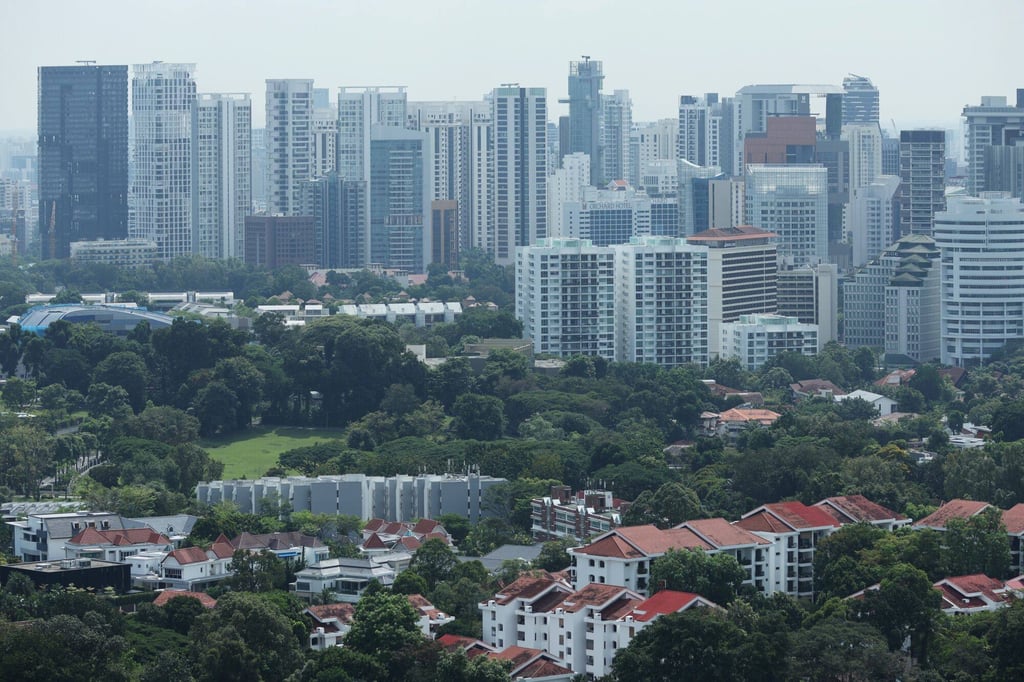Hong Kong, Singapore prime property to see contrasting fortunes as luxury homes globally set to trend higher in 2024
- Luxury home prices are expected to rise by 0.5 per cent next year in Hong Kong, while they are expected to fall by 0.5 per cent in Singapore, according to Knight Frank
- Prime property prices in Hong Kong have fallen by about 2 per cent this year and risen by 5 per cent in the city state

The worst is likely over for the luxury property segment globally, with prime home prices set to rise more than previously anticipated, according to a report by Knight Frank.
“Our overall prime price forecast for 2024 has grown from 2.1 per cent to 2.5 per cent since our mid-2023 assessment,” said Kate Everett-Allen, head of international residential research at Knight Frank. Prime homes are defined as the top 5 per cent of the residential market.
Hong Kong’s prime home prices are likely to see an increase of 0.5 per cent next year following the city’s easing of some of its decade-old property curbs, according to the consultancy’s Global Prime Residential Forecast.

Prices in Singapore are expected to retreat by 0.5 per cent in 2024, as the city is one of two in the list of 25 tracked by Knight Frank likely to record a price decline. Edinburgh in Scotland could see a price drop of 3 per cent.
Prime property prices have lost about 2 per cent this year in Hong Kong, while in Singapore they have increased by about 5 per cent.
